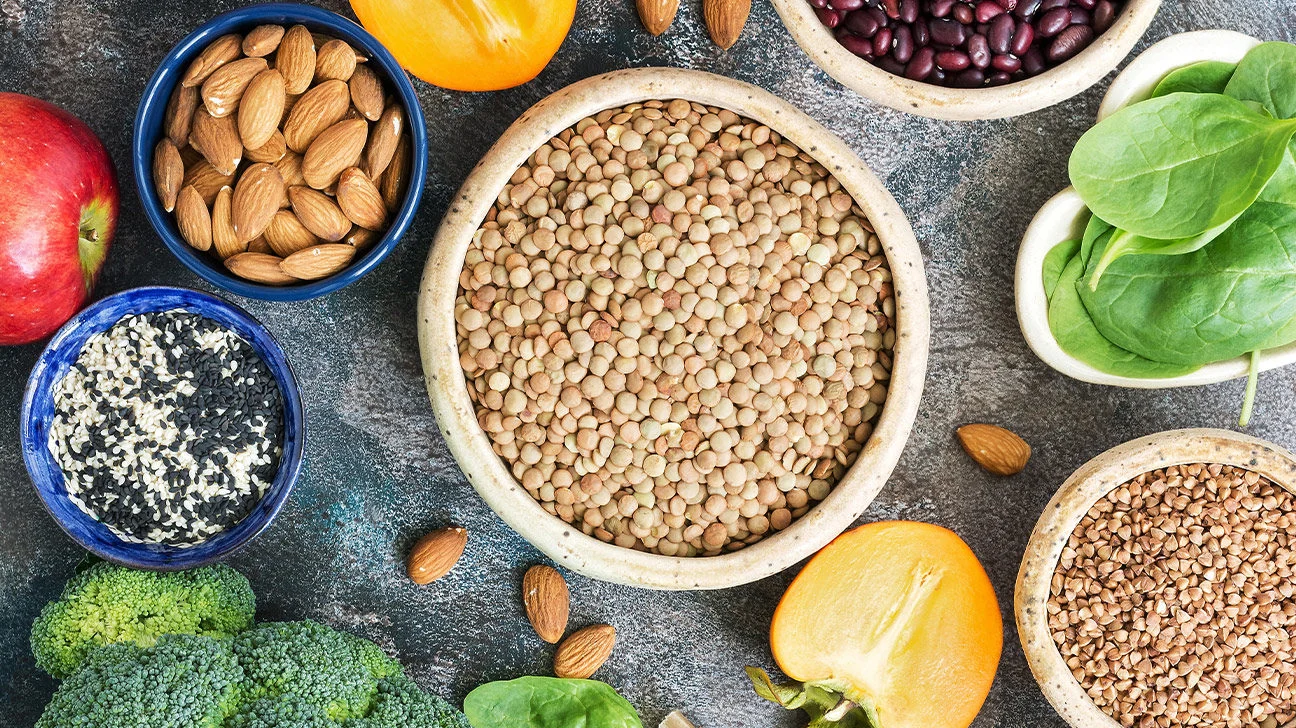Iron serves as a fundamental mineral vital for sustaining a healthy body, playing a pivotal role in various bodily functions such as oxygen transportation, immune system support, and energy production. Inadequate levels of iron can result in significant health complications. This article delves into the importance of iron in maintaining bodily health, the process of iron absorption, strategies to prevent iron deficiency, and its indispensable role in overall bodily functioning.
Iron Absorption Process:
The human body boasts an intricate system for iron absorption. Iron in food falls into two categories: heme iron, derived from animal sources and highly absorbable, and non-heme iron, from plant sources and less efficiently absorbed. Predominantly absorbed in the small intestine, iron relies on specific proteins for transport across the intestinal lining into the bloodstream. While vitamin C aids in enhancing the absorption of non-heme iron, certain substances like tannins in tea and calcium hinder iron absorption.
Iron Deficiency Prevention:
Iron deficiency ranks among the most widespread nutritional deficiencies globally, leading to anemia, fatigue, compromised immunity, and cognitive impairment. However, iron deficiency is preventable through dietary measures. Incorporating iron-rich foods such as lean meats, seafood, legumes, whole grains, nuts, seeds, and dark-green leafy vegetables into one’s diet significantly boosts iron levels. Pairing these foods with vitamin C sources like citrus fruits enhances iron absorption. Certain groups, such as pregnant or menstruating women, may require iron supplementation under professional guidance.
Role of Iron in the Body:
Iron plays diverse roles within the body, crucial for sustaining overall health. Firstly, it facilitates oxygen transport by binding with hemoglobin in red blood cells, essential for energy production and cellular function. Secondly, iron participates in the electron transport chain within cell mitochondria, vital for converting nutrients into usable energy. Thirdly, iron supports immune function by aiding in the production of immune cells. Additionally, iron is essential for cognitive function and DNA synthesis, contributing to optimal brain function and cellular growth.
Inclusive Iron Intake for All:
Maintaining adequate iron levels is imperative for individuals of all ages and genders. Specific populations, including infants, adolescents, pregnant women, menstruating women, and vegetarians, have increased iron needs and should be mindful of their iron intake.
In conclusion, iron stands as a cornerstone mineral for upholding overall bodily health. A balanced diet incorporating both heme and non-heme iron sources, along with vitamin C-rich foods, is pivotal in preventing iron deficiency and its associated health complications. Upholding optimal iron levels is paramount for vitality and well-being.
you might also like : The Benefits of Omega-3 for Optimal Health
